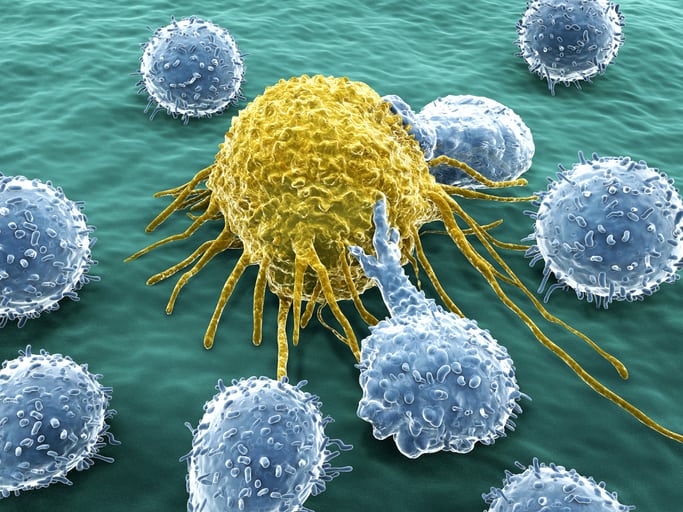The Bromo- and Extra-Terminal domain (BET) family proteins act as “readers” of acetylated histones and they are important transcription regulators. BRD2, BRD3, BRD4 and BRDT, part of the BET family, are important in different tumors, where upregulation or translocation often occurs. The potential of targeting BET proteins as anti-cancer treatment originated with data obtained with a first series of compounds, and there are now several data supporting BET inhibition in both solid tumors and hematological malignancies. Despite very positive preclinical data in different tumor types, the clinical results have been so far moderate. Using lymphoma as an example to review the data produced in the laboratory and in the context of the early clinical trials, we discuss the modalities to make BET targeting more efficient both generating novel generation of compounds and by exploring the combination with small molecules affecting various signaling pathways, BCL2, or DNA damage response signaling, but also with additional epigenetic agents and with immunotherapy. We also discuss the mechanisms of resistance and the toxicity profiles so far reported.Copyright © 2020. Published by Elsevier Inc.
Targeting BET bromodomain proteins in cancer: The example of lymphomas.


